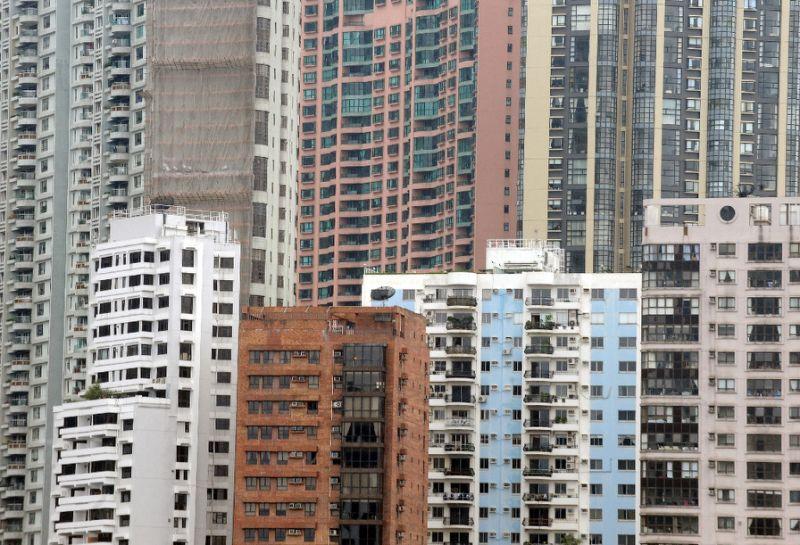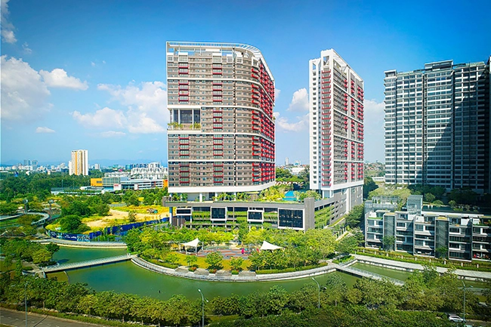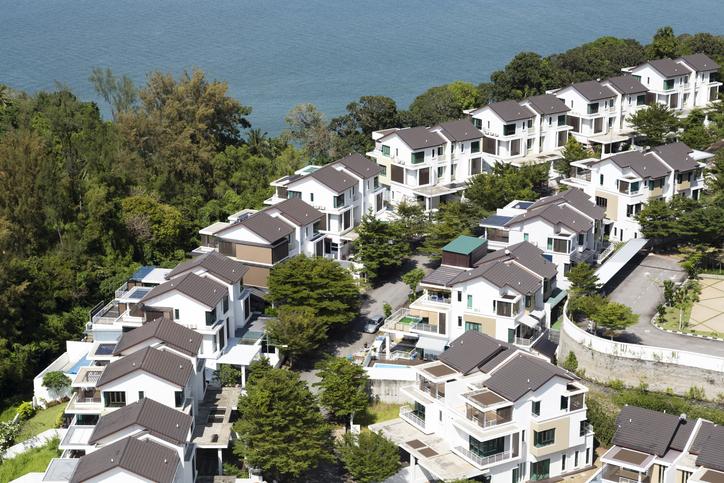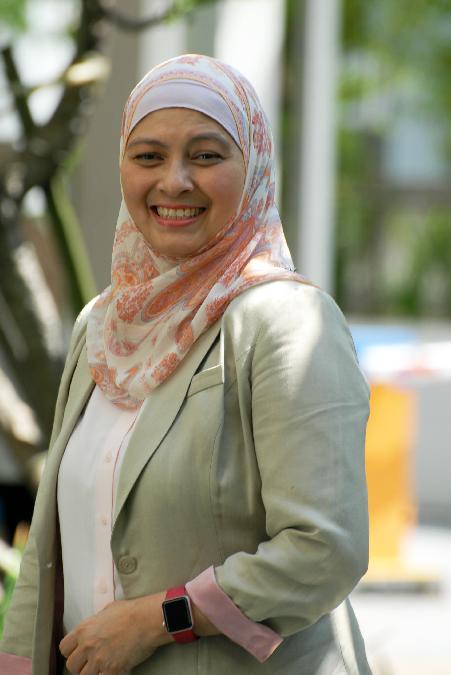Hong Kong's housing policies that support affordable housing for its citizens can be adopted by Sarawak, said Chief Minister Datuk Amar Abang Johari Tun Openg.
The chief minister expressed this view following briefings and site visits conducted by Hong Kong's Urban Renewal Authority (URA) and the Hong Kong Housing Authority (HKHA) during the first leg of a visit to Hong Kong from China on Wednesday, March 22.
The working visit was organised by the Ministry of Housing and Urbanisation and Sarawak Housing and Real Estate Developers Association (Sheda) Kuching branch.
The Sarawak delegation led by Abang Johari includes Assistant Minister of Urbanisation Datuk Talib Zulpilip, Assistant Minister of Housing Datuk Abdul Karim Rahman Hamzah, Ministry of Housing and Urbanisation permanent secretary Datu Sudarsono Osman, former Tasik Biri assemblyman Datuk Peter Nansian, Sheda Kuching advisors Sim Kiang Chiok and Zaidi Ahmad, Sheda Kuching chairman Dr Christopher Ngui and Sheda Kuching branch deputy chairman Tony Su.
"The purpose of these visits is to expose our developers as well as our policy makers to new ways of formulating strategies where we will be able to provide affordable housing and services to our people" Abang Johari said.
He noted that Hong Kong had improved by leaps and bounds in terms of providing facilities for its people since the 1970s while maintaining affordability, which he said suited the needs of Sarawak.
"Hong Kong's Rental Assistance Scheme (RAS) and Tenant Purchase Scheme (TPS) for example, assist their citizens in both renting and purchasing homes by providing financial assistance or subsidising the price of the properties.
"These are policies which we can learn from Hong Kong" he declared.
However, Abang Johari cautioned that not all elements of Hong Kong would be suitable for Sarawak to adopt.
"While they have been successful with their housing development, the solution for Hong Kong is very different from ours as we have a luxury of land while they have a constraint of land. Rather than focus on developing upwards like they have, for Sarawak we will be developing laterally instead" he pointed out.
However, with lateral development comes the issue of distance as home buyers may find new properties to be too far for their liking and convenience, he added.
To address the issue, Abang Johari emphasised that Sarawak would need to have a strong focus on developing a proper public transport system.
"Once we have the public transport system, then the development can be expanded into suburban areas where the land cost is cheaper, allowing us to create townships and more affordable housing while providing the basic facilities in these new residential areas.â€
Meanwhile, besides learning from Hong Kong's housing policies, Talip said he was impressed with their managerial practice, noting that it has proven to be extremely effective.
"They have succeeded in fixing their problems and they've done it by expertly managing the process, identifying the issues, implementing execution and promoting continuous review and improvement. The process of doing so is a lesson we could learn.â€
_PH_Banner_(Desktop)(1200x180px).png)
.jpeg)





.png)



.jpeg)

